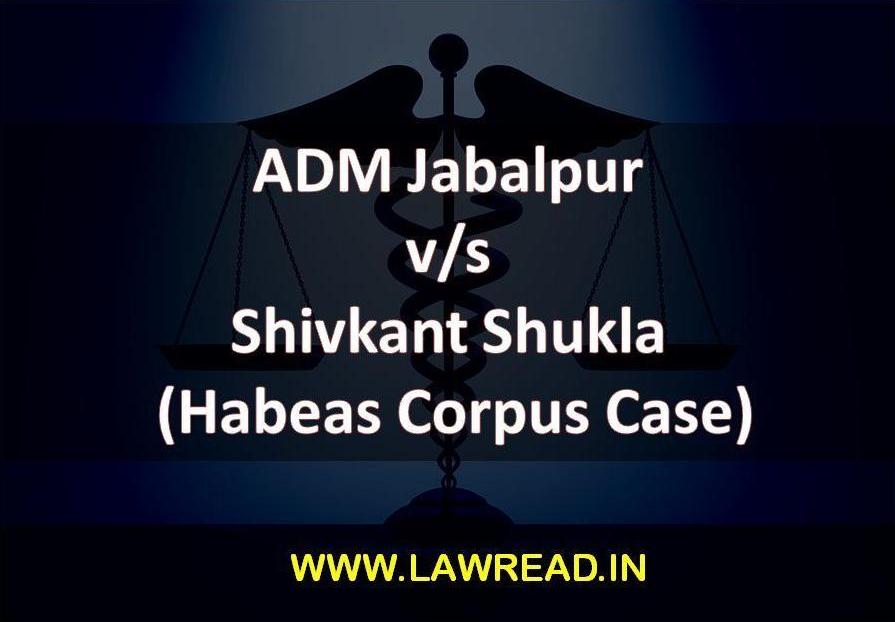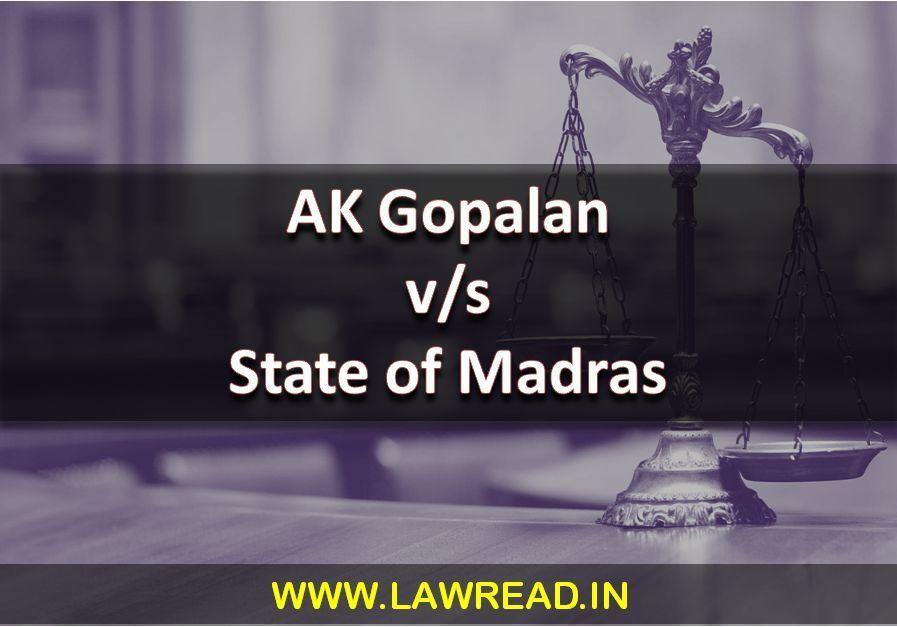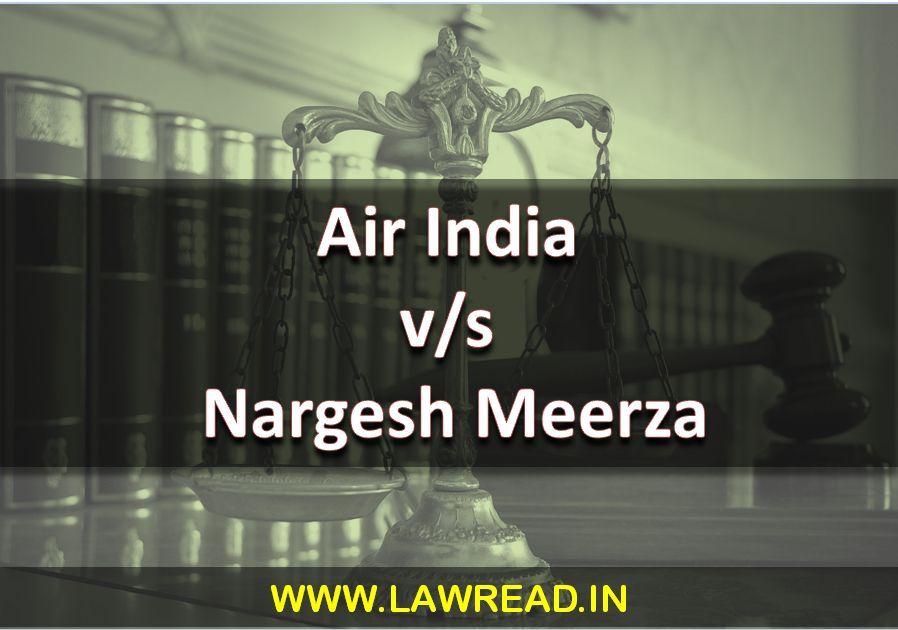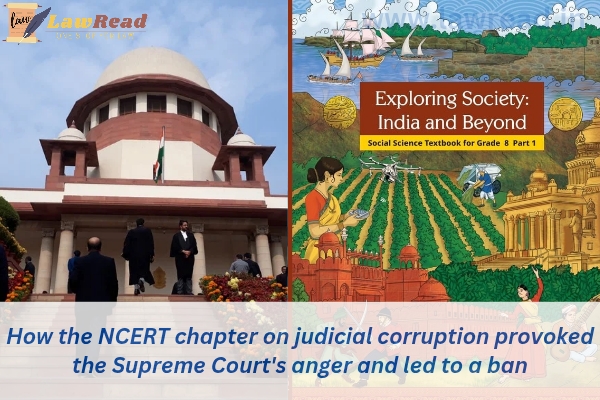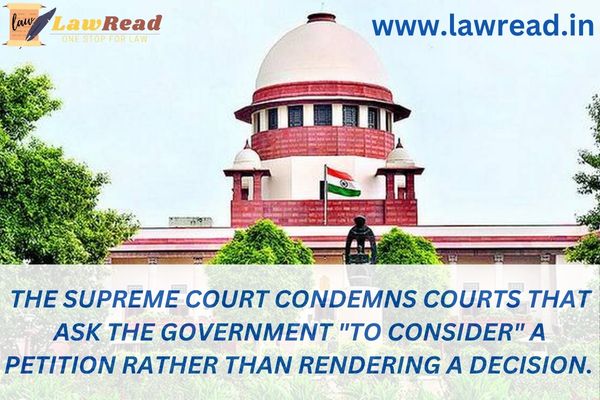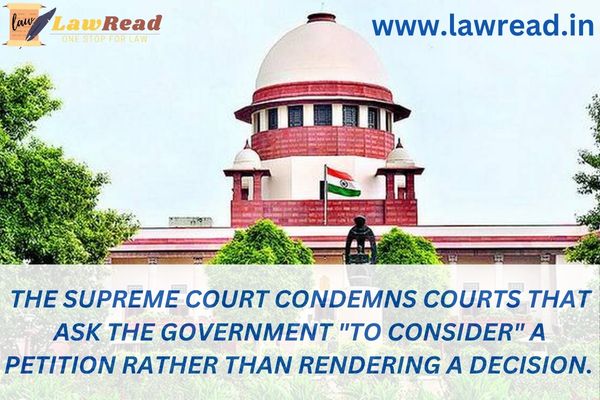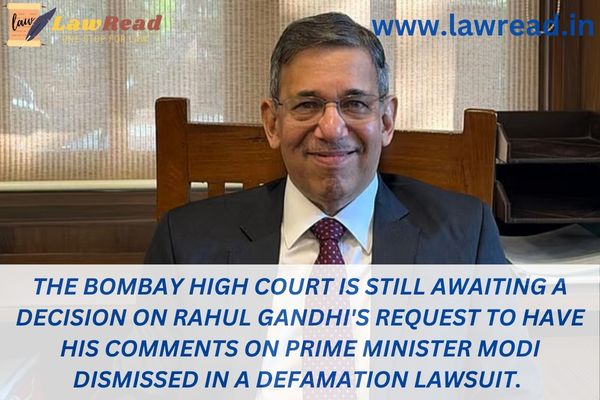Landmark Judgement
Balku v. Emperor, AIR 1938
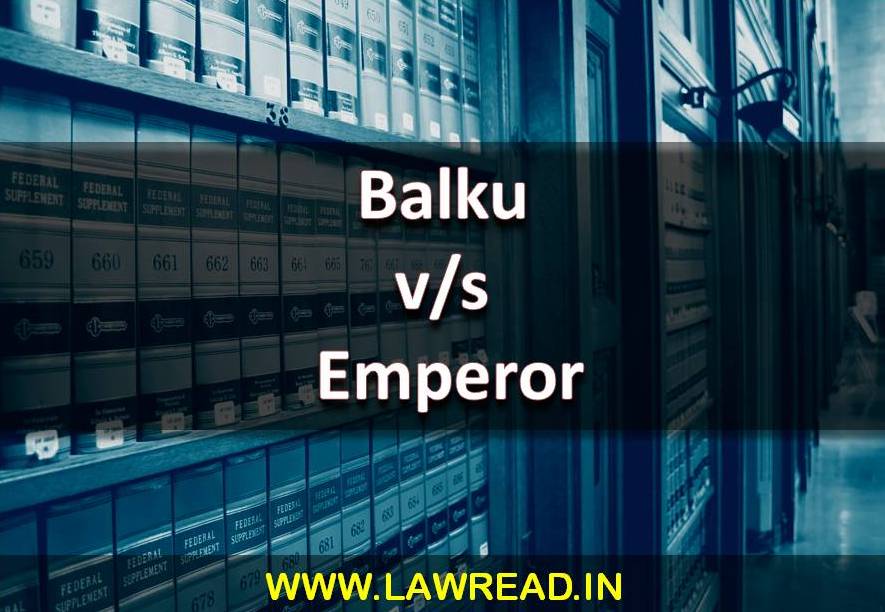
Citation:- AIR 1938 All 532
Court:- High Court of Allahabad
Bench:- Justice Bennet
Petitioner:- Balku
Respondent:- Emperor
INTRODUCTION:- In this present case, "Balku v. Emperor, AIR 1938" the court dealt with the Exception 1 of Section 300 of IPC stating "Culapable homicide is not murder if the offender, whilst deprived of the power of self control by grave and sudden provocation, causes the death of the person who gave the provocation".
The important difference between murder and culpable homicide is that murder is taken to be an aggrevative form of culpable homicide.
FACTS OF THE CASE:- On 19th September 1937, Manni (Father-in-law of Balku) of Singhri, Thatia Thana filed the complaint against his son-in-law Balku. Manni exclaimed that on 13th September 1937, Balku came to his house to pick up his wife, Nanhi, (Daughter of Manni). On the same day Budhu, husband of the sister of Nanhi also came. Balku asked Manni to send his wife with him but Manni said that she would return with him if he stays with them for 10 ten days. Balku insisted to take her with him, on this Budhu said-" Shut up, who are you to take her? I will not send her." Then they both had a verbal argument. In the night, Balku and Budhu slept on the same charpai. Then Budhu got up and went in a room and closed the door. Balku got up and peeped though the door and saw that Budhu was committing adultery with his wife, Nanhi. He couldn't do anything as the door was closed, he returned to his bed. When Budhu returned from the room after committing adultery with Nanhi, and laid down on the bed, Balku waited for some time and the moment he saw Budhu was asleep, he stabbed him with his knife. Balku said that Budhu deprived his honour. As the door was locked he couldn't do anything to his wife then. Manni got up to the screams. Manni, his wife, his daughter (Nanhi), Khiali and Rupan all the family members were the witnesses of this incident. They tried to capture Balku, but he fled away. Next day in the morning Balku was found in the fields, Sub-inspector arrested him.
Accused, Balku, was placed before Magistrate on 24th September and gave a detailed statement like how he killed him, the reason behind this act etc.
ISSUES:- 1. Whether the accused should be convicted for murder under Section 300 or should he get the benefit under exception 1 of Section 300 of the Indian Penal Code?
ARGUMENTS:-
(a) Arguments by the Petitioner-
1. The petitioner argued that on seeing your wife committing adultery with somebody else, no man can bear it. So in this case, Balku was provoked, and murdered Budhu.
(b) Arguments by the Respondent-
1. The respondent's counsel contended that after witnessing the act being held between both of them Balku waited for Budhu to come out and to lay back on the bed and be dozed off on the charpai before he assaulted him.
2. In addition to the argument, the respondent pur forward another argument. They claimed that if the provocation is related to a series of incidence, then the provocation was definitely not sudden.
JUDGEMENT:- The court held that in its opinion that mere refusal to send accused's wife back to accused (Balku) isn't a sufficient reason for the act which Balku did on that night. There must have been some other strong and valid reason behind his act. The court then took note of the Exception 1 of Section 300 of Indian Penal Code (IPC). It states that: "Culpable homicide is not murder if the offender, whilst deprived of the power of self-control by grave and sudden provocation, causes the death of the person who gave the provocation”.
When Budhu came and laid down beside Balku on the charpai, accused must have thought that that man lying next to me had been committing adultery with his wife and deprevating him of his honour. This thought might have aggrevated his mind. In this situation, the provocation was both "grave" and "sudden". The court held that “sudden” does not mean ‘immediate action’, sudden means “something that is anticipated”.
Finally court declared the judgement that in this case, Exception 1 will apply and reduced the conviction from Section 302 Indian Penal Code (IPC) to Section 304 Indian Penal Code (IPC). The court sentenced Balku to five years of imprisonment and acquited him of the offence under Section 302 IPC.

